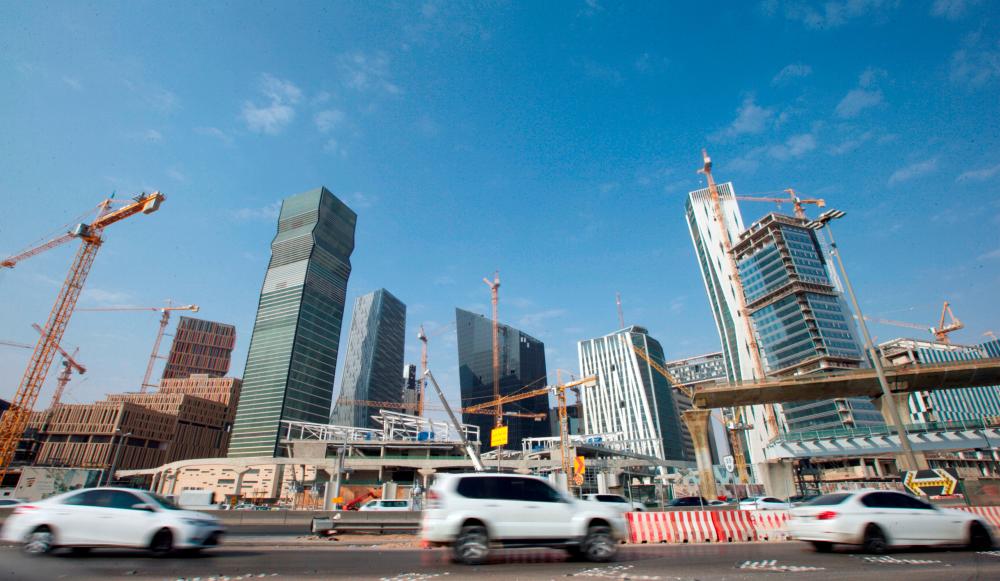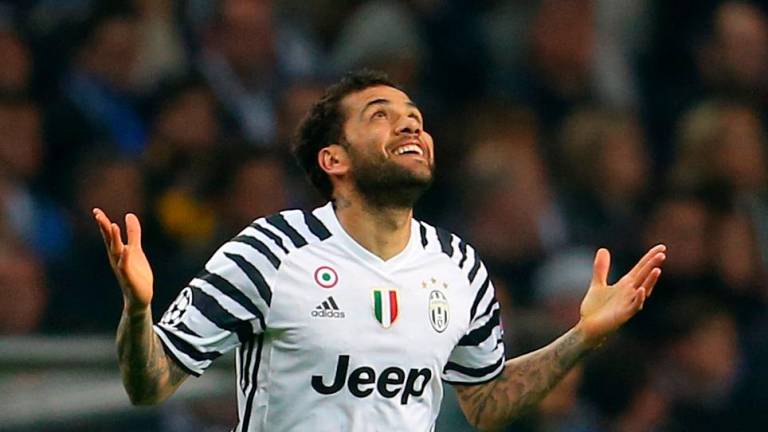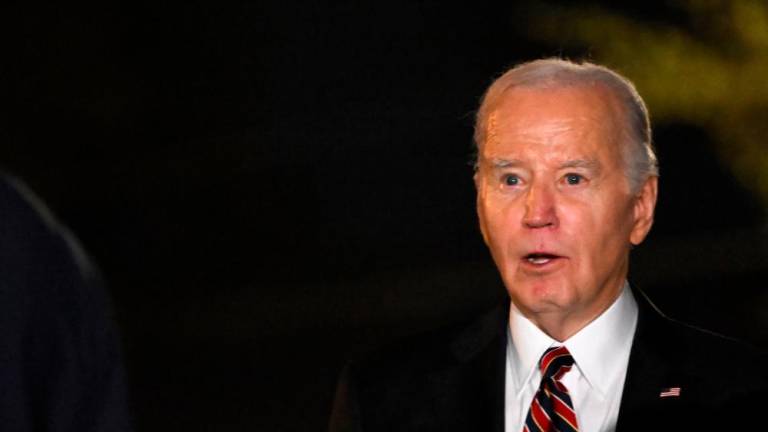RIYADH/DUBAI: Saudi Arabia plans to cut spending by 7.5% in next year's budget to 990 billion riyals (RM1.1 trillion) from this year's 1.07 trillion riyals, according to a preliminary budget statement published on Wednesday.
But despite a significant drop in revenue this year and a slowdown in economic activity, it expects the economy to bounce back to growth next year as it improves its management of the coronavirus crisis.
The retrenchment in spending comes as the world's largest oil exporter faces an economic contraction caused by the pandemic, a drop in oil prices, and crude production cuts.
For next year, the government "seeks to preserve the fiscal and economic gains achieved in recent years and to achieve the goals of stability, fiscal discipline, and spending efficiency," the ministry of finance said in the statement.
Riyadh expects a 12% budget deficit for 2020, falling to 5.1% next year, the document showed.
Spending is expected to decrease to 955 billion riyals and 941 billion riyals in 2022 and 2023, respectively, with the deficit shrinking to 3% and 0.4% in those two years.
Saudi Arabia said it was committed to achieving the goals outlined in Vision 2030 – a reforms scheme aimed at diversifying the economy away from oil revenues - but that programmes under the vision would undergo "structural improvements" and would be reprioritised to spur growth.
The economy is expected to shrink by 3.8% this year, the budget document said, a more optimistic projection than the 6.8% contraction estimated by the International Monetary Fund.
In 2021, the economy is expected to swing back to a 3.2% growth, partly because of the "continued improvement in containing the pandemic," it said.
Saudi Arabia estimates total revenue to drop around 17% this year to 770 billion riyals from 927 billion in 2019, and to bounce back to 846 billion riyals in 2021.
"The government has sought to find more sustainable sources of revenue to reduce the negative impact of the crisis," said the document, citing a tripling of value-added tax in July to 15% and an increase in customs duties for some goods.
That tax however has lifted inflation and economists say will weigh on consumer demand, dampening economic recovery.
"We have a lower estimate for projected revenues in 2020 considering the Covid impact and below potential revenues from the VAT hike considering depressed consumption," said Mohamed Abu Basha, head of macroeconomic analysis at EFG Hermes. – Reuters













